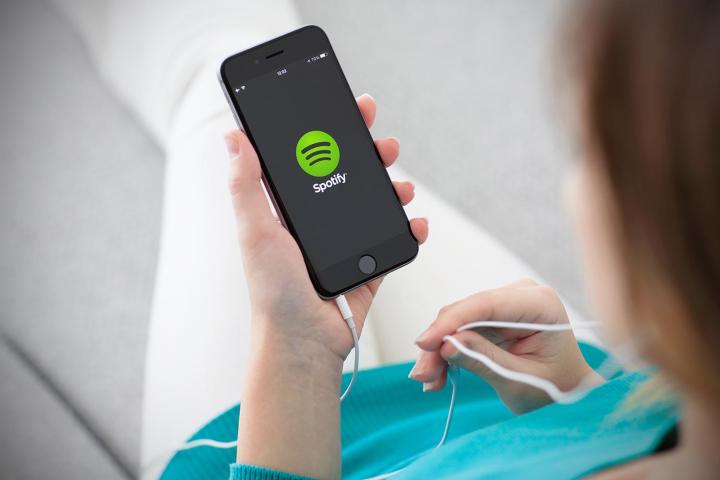
The terms of Spotify’s recently-announced $1 billion funding deal may be good for Spotify’s expansion plans, in that the company will effectively double the amount of money it has raised in its decade in business, but the real winners will be those who have already invested, according to The Wall St. Journal.
According to the report, the terms of the deal will deliver Spotify’s huge cash influx in the form of what’s called convertible debt, meaning that those who bought in should see considerable returns when Spotify goes public. Investors included TPG, the Dragoneer Investment Group, and a number of Goldman Sachs Clients.
The deal is expected to close by the end of this week.
Essentially, instead of taking investors’ money and giving them equity in the company now, Spotify will take a loan from investors and pay interest until such time the firm goes public. Convertible debt then allows those who purchased debt from the company to exchange their securities for discounted shares in the business when it goes public.
Investors, according to the Wall Street Journal, will be able to convert the debt into Spotify shares at a 20 percent discount if the company has a public offering in the next year, with that discount rising two and a half percent every six months Spotify doesn’t go public.
Until then, Spotify will also pay a five percent interest rate on the debt. That’s an amazing investment for those who were given the opportunity to make it — five percent on their money up front, and a huge discount on stock when Spotify goes public. Essentially, if Spotify doesn’t immediately go under, they stand to make a lot of money on their initial investment no matter what happens.
Spotify has been planning to go public for some time now, and this form of deal does make sense if that is the case; Convertible debt is often used to prevent the diluting of shares in a company or change its valuation when a company needs money leading up to an IPO.
The reason the deal is so sweet for investors is that Spotify really needs the cash. Like most music streaming services, the company operates in the red year over year, and constantly requires new cash infusions to remain solvent. The new funds will help Spotify fight competitors like Apple Music, which has seen a steady increase in users since it launched last June.
Spotify currently has an industry-leading 30 million paying subscribers, and millions more ad-based, free users. The company is hoping the cash, along with the IPO, will help it dominate the streaming music market in the long term. A public offering would be the best way for the company to raise significant funds, and could eventually drive it to create a more self-sustaining business model.
In taking on so much convertible debt, a public offering from the company is all but guaranteed in short order, unless Spotify is willing to pay outrageous sums of money to its new debt holders as years pass.




